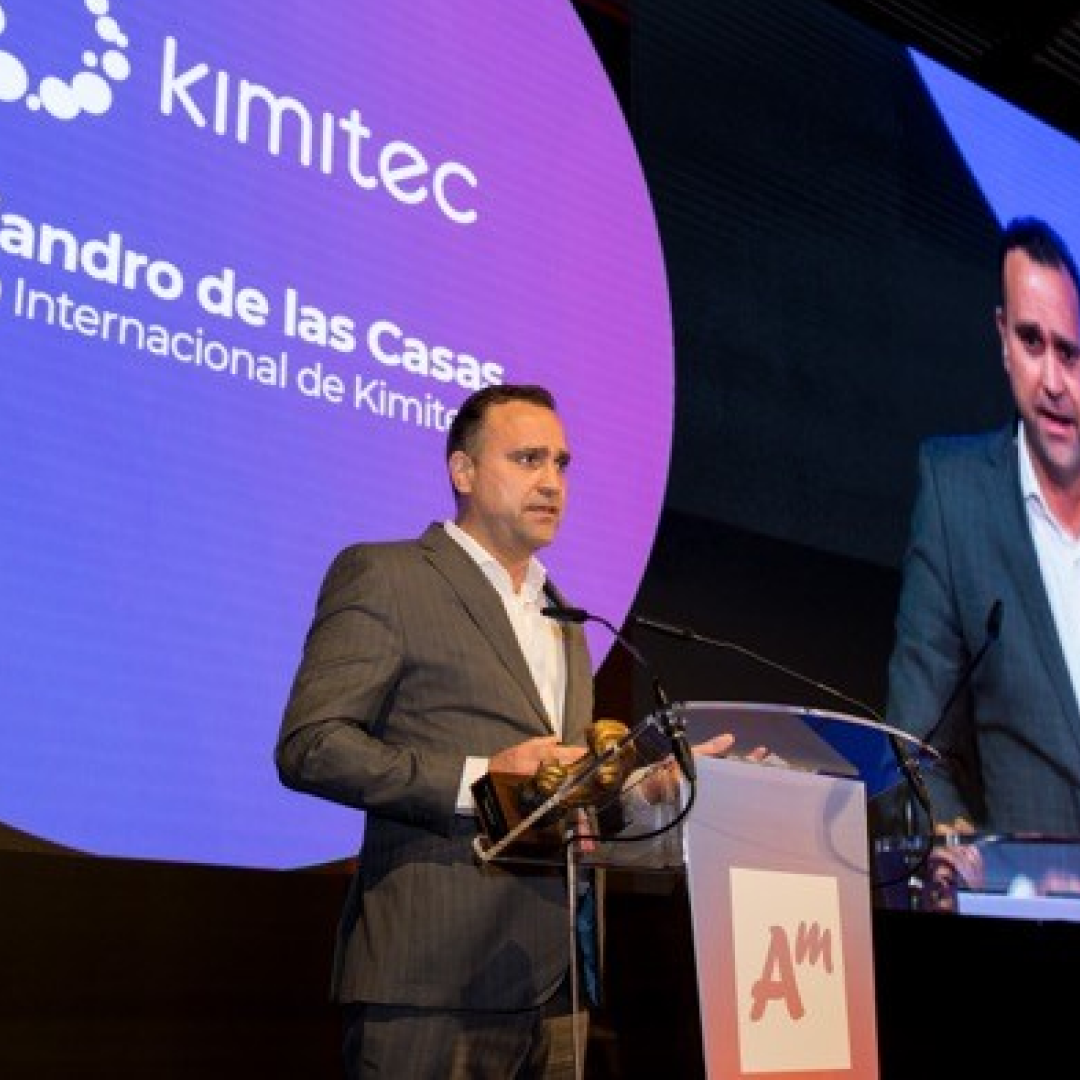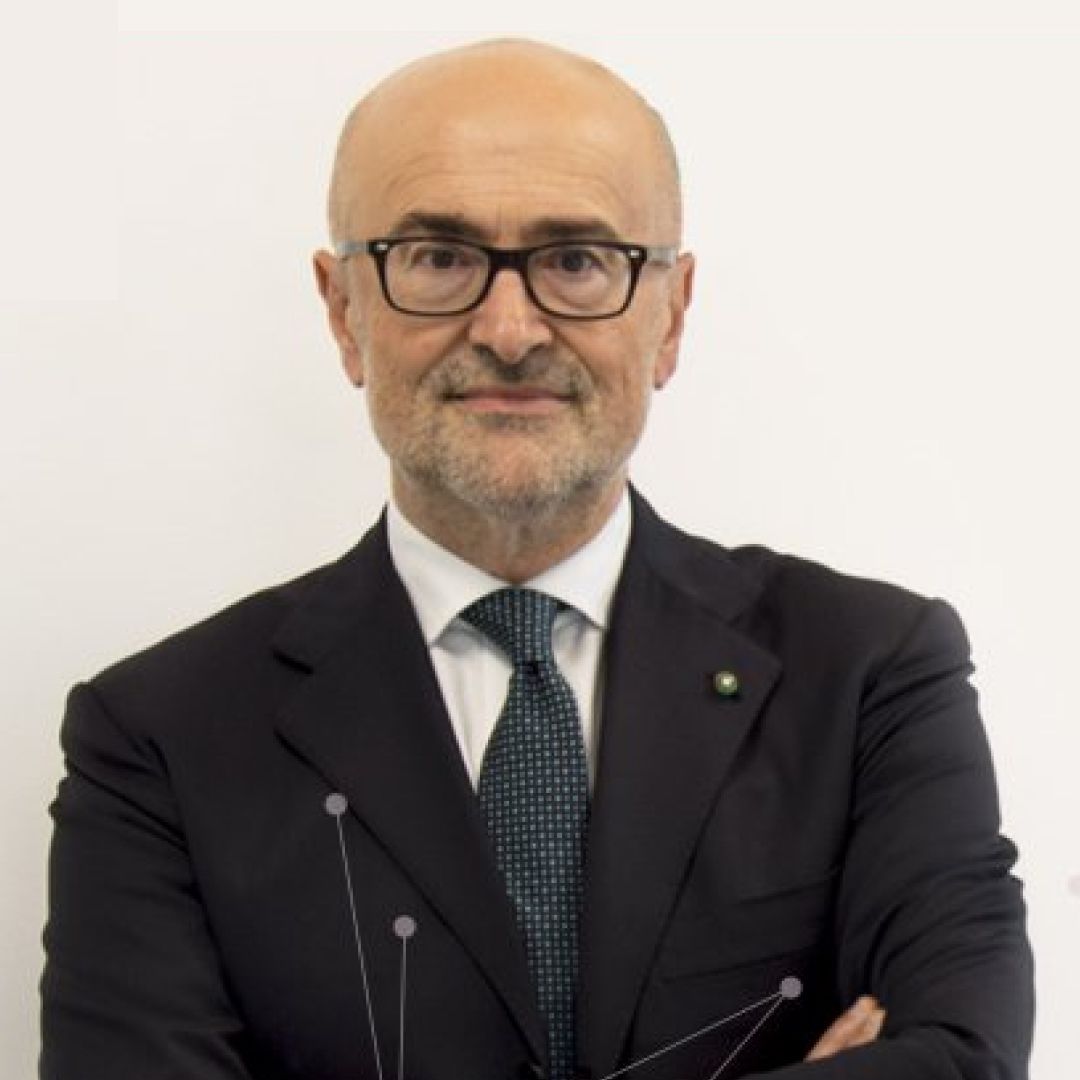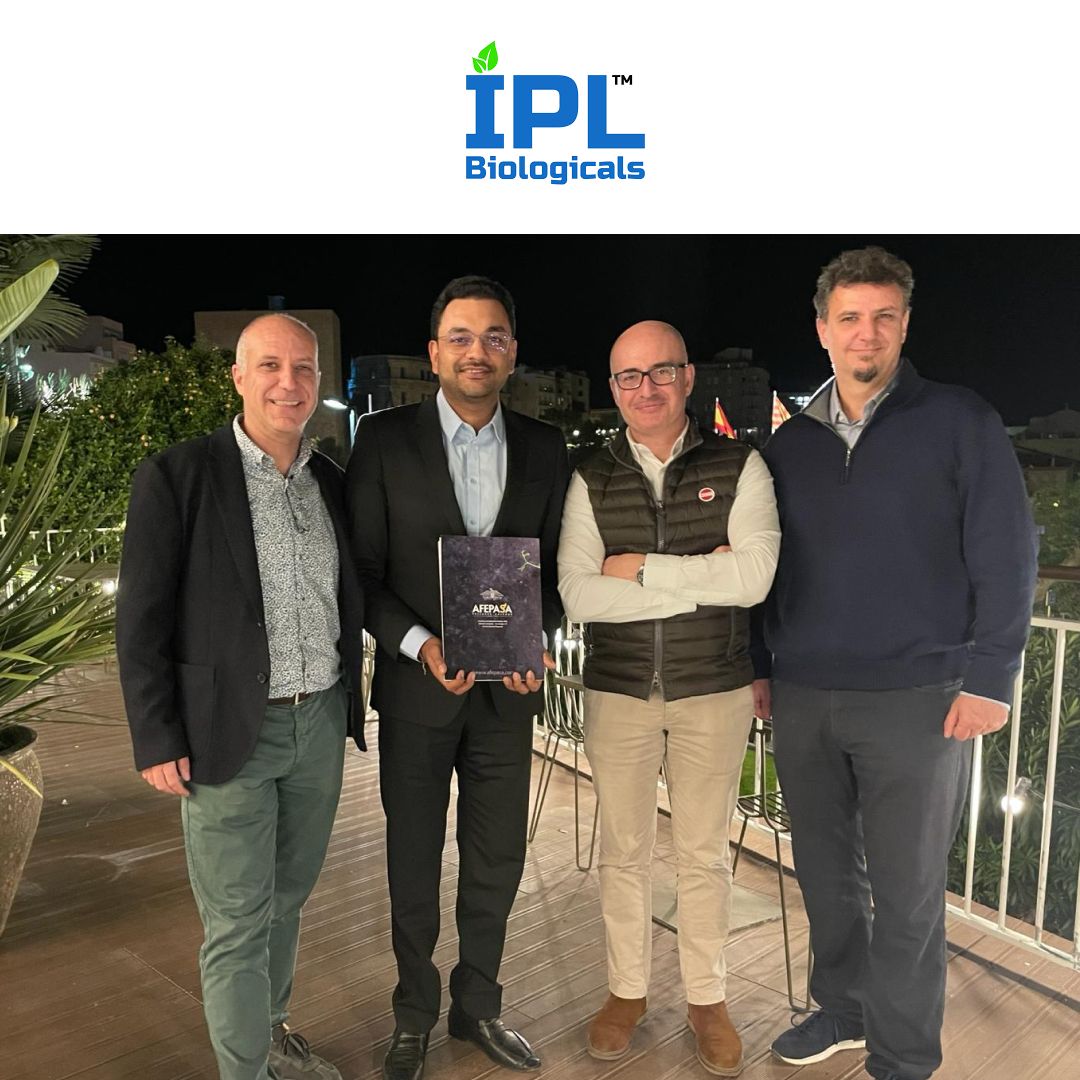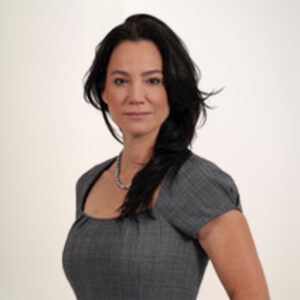
Cultivating Success: Spotlight on Hadar Sutovsky in Agriculture
Hadar brings an extensive experience in incubation and investments, innovation scouting, global business development, licensing, sales and marketing in international sectors of food tech, water technologies, sustainable agriculture, consumer health, and IMPACT technology and an in-depth scientific approach.
She is dedicated to establishing the ICL accelerator and leading investments in AgriFood-tech startups. Before joining ICL, Hadar was a Managing Partner in Aquagro Fund. Along her professional path, Hadar led innovation and investments in AgriFood and Sustainability for the Global Unilever Open Innovation Hub in TLV and Frutarom.
Hadar holds an MBA in Business and Innovation and MSc in molecular microbiology and biotechnology from Tel Aviv University. She is a mentor at the Mass Challenge accelerator, the European EIT Food Accelerator Network (FAN), and the Startup Bootcamp accelerator in Rome.
Tell us about your career path.
How would you describe your journey? What has been your avorite part?
For the last two years, I have been the VP of External Innovation in ICL Group, one of the top-tier corporates in agriculture, food, and engineered materials. In this role, I am leading open innovation practices, leading outsource innovative lab service unit as well as dedicated to managing the ICL PLANET Startup Hub.
It is the vehicle that ICL choose to invest in and work with innovative companies in the domains of crop nutrition and food to synergize with their novelty and to short-cut their way to global play. Before joining ICL, I was a Managing Partner in Aquagro Fund, a dedicated impact investment management firm. Aquagro seeks to generate strong financial returns by deploying capital in game- changing technology companies that address critical global needs in smart agriculture, food, and water. I have implemented impact investment strategies for the Aquagro Group.
On my professional path, I led innovation scouting in AgriFood and Sustainability for the Global Unilever Open Innovation Hub. I was a Global Segment Manager and Corporate Open Innovation Leader at Frutarom. I hold an MBA in Business and MSc in molecular microbiology and biotechnology from Tel Aviv University. I volunteer as a certified Yoga teacher to contribute to the community in my free time. It has been exciting as well as satisfying to be able to make a positive difference.
Agriculture has always been considered to be a male-dominated field. What are some of the challenges you have faced as a female leader in BioAg? How have you overcome these challenges?
The transformation of AgriFood systems will not happen without our diligent and strategic work. We, the AgriFood community leaders, should keep believing in a better future and making it happen. Many of our community leaders are women, yet women are underrepresented in startup funding rounds, corporate leadership teams, and conference panels. AgTech is the convergence of agriculture and technology, with investments totalling over USD 29.6 billion in 2022. However, women-led startups consistently receive a smaller share of these investments.
Reading the report from the Israeli Innovation Authority (IIA) about the 2022 statistics of women in Israeli tech was disturbing yet not surprising (full report). In the last decade, only 9.4% of women are startup CEOs, about 4% of women-led successful funding rounds for startups, and no woman was appointed as managing partner in 57% of the big active venture capitals in Israel in the last few years. The existing structural bias prevents female founders and CEOs from accessing capital and growing their Agri-FoodTech enterprises.
As a woman leader in the AgriFood sector, I thrive to bring on board talented women to my team. Just in 2022, I added two brilliant talented ladies to manage our deal flow and to lead our front-end innovation for the AgTech sector. As a community that has a huge responsibility to bring in sustainable solutions for the future, we must pay attention that on this journey we do not neglect inclusiveness. It is in our hands to change the landscape of women’s representation in AgriFood-tech and technology in general to be equally inclusive to all.
You work with startups Food and Agriculture space. What are the major challenges faced by them? What is the key to surviving this competitive landscape?
Even though dust seems to have settled after severe crises in years 2021/22, namely, climate change, COVID-19, and the Russia-Ukraine war, there is no room for a “business as usual” approach. It could only lead to a disturbing future, characterized by increasing uncertainties and aggravated socioeconomic gaps. There is an urgent need to accelerate the transformation of AgriFood systems and broaden interconnectivity with social and environmental systems.
I see further disruption in food technologies and business models and a plethora of exciting opportunities for AgriFood investors coming up in 2023. In terms of the valuation of AgriFood companies, after the dramatic down correction we experienced at the end of Q2 2022, we can
expect to see valuations bottom out throughout Q3 2023.
What is your belief for the next generation of women striving to make their career in BioAg?
AgriFood-tech in general and BioAg is an emerging sector, still evolving and transforming, and with lots of imperfections. I think all of us want the sector to thrive and thus, to take advantage of what we have learned to advance opportunities for women’s representation as founders, investors, and CEOs. Everyone, not just us women, should play a role in closing the gap, by leading on core business strength, and claiming results. Female leaders need to assert command over the story of their AgTech businesses, and organizations should be accountable to diversity goals and create these if they do not already have them. AgriFood companies should get on their boards/C-suits more female
leaders.
What are your future aspirations professionally and personally? Where do you see ICL in the next decade?
My future aspiration is to continue doing well. ICL is a 100-year-old company, and leading External Innovation with that kind of legacy means that I have a responsibility. I am responsible for bringing disruption to meet tradition and create innovation as a growth driver for ICL and create impactful solutions for humanity’s sustainability challenges in the global food, agriculture, and industrial markets.
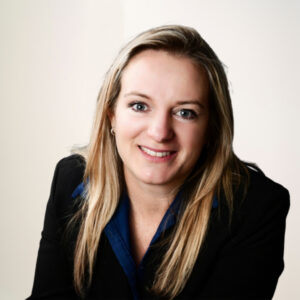
Cultivating Success: Spotlight on Dr Nicole Hart in Agriculture
Nicole Hart is passionate about sustainability and AfriKelp’s CEO since November 2020. After attaining her PhD in Chemistry at the University of Kwa-Zulu Natal in 2005, she started her career in a company that was part of AECI LTD as the Quality Control and Laboratory manager. She was promoted over time to product technologist, product manager, and then business manager. The company was restructured in 2012 and Nicole was made Division Manager-Fertilizer, leading the sales and research, and after successfully growing the division product offering and local and international sales, was promoted to Division Director.
Nicole joined Omnia Fertilizer, as a General Manager: Commercial in the International Team in 2017, to drive the Omnia AgriBio strategy across the various global regions and to look after the commercial aspects of the integration of the Omnia Oro Agri acquisition. She moved from Omnia to AfriKelp in 2020 after Oro Agribusiness was sold to Rovensa Next.
Nicole has experience in integrating technologies, product development, recruiting, sales and logistics, intellectual property management, branding strategy, corporate alignment, identification of new markets, and commercializing of new products, particularly in the global biostimulant arena. With an illustrious resume, she has also served in various roles (2013 – 2021) for the Fertiliser Association of Southern Africa (FERTASA) as Vice-Chair and Chair of the Technical Committee (2019), Director, Vice-Chair, and the first female Chair of the Board of Directors in 2020.
Tell us about your career path. You studied Chemistry and have been in the agriculture industry since the start of your career. How would you describe your journey and what has been your favorite part?
The journey has been challenging and rewarding with highs and lows which always come along with pushing the boundaries. I absolutely love problem-solving and my career has given me the opportunity to add value to highly complex situations, with many inter-dependencies and potential impacts. What is most important to me is being able to apply my time and energy to green technologies which support global food security.
You were born on a farm and must have closely seen different activities. What role do you see women playing in agriculture and how has it evolved?
According to the FAO, women make up 43% of the global agriculture labor force and in this role, I believe their conditions and activities remain similar to how they were in the past. They have little to no land and livestock ownership and often are not paid equally to their male counterparts. In the commercial side of Agriculture, women were employed as cleaners, secretaries or personal assistants in the past, but much has changed over the past 20 years.
With more women gaining higher qualifications and experience, I see a vast increase in the numbers of women in the research and development or science side of Agriculture (and industry as a whole). I have also seen an increase in the number of women in human resources, health and safety, and sales roles in business; we are still poorly represented in South African Agriculture in senior management roles and business ownership.
What are some of the challenges you have faced as a female leader in agriculture? How have you overcome these challenges?
While I have had a very different (sometimes almost comical) journey in this male-dominant industry, I try not to focus on challenges and gender but rather focus on value and delivery. With this mindset, I have been fortunate that my gender never held me back from achieving what I set my mind to, but I also ensure that I am prepared and fully engaged in bringing value to the table. I have faced gender-based challenges from men as well as women, though none was serious enough to impact my performance. I choose what affects me and my response, and I believe there are occasions where being female can be beneficial. We need to celebrate what benefits women bring to leadership and not only focus on the challenges. There is an opportunity for all of us to better prepare and educate our children, show them good examples, and slowly adjust societal actions to smooth the way forward for future woman leaders.
What gives you the confidence to go forward and motivates you to be a women leader in agriculture?
Having a purpose and alignment between personal and company values is important. My farming roots in coastal KZN cemented my passion for ocean, agriculture, and sustainability. I am also extremely passionate about South Africa and enjoy using my skills and experience to contribute to the economy, environment, and development of its people.
What drives me as an individual is helping companies evolve, grow and capitalize on changing market conditions while at the same time supporting people to grow into all that they can be. I like excellence and improving how things are done. I like to push boundaries and love problem-solving to find practical solutions. I am always looking ahead and contemplating the consequences of strategies or actions and what may change. I ensure that I am fully engaged and present at work and immerse myself in my role and company. I never give up until the job is done.
What are your future goals for AfriKelp and sustainable agriculture? How do you want to get there?
The purpose of AfriKelp is to nurture growth that enables the sustainability of our people, products, partners, performance, and the planet and we have targets to achieve in each of these pillars. Kelp extracts have been used in agriculture for many years, but only in the past 20 years has science started to uncover the amazing uses and benefits of spraying these types of products onto crops. In the biostimulant space, it is very important to know your product well and I would like to see us broaden our technical knowledge even further. We still have a lot to learn about the additional value kelp can bring to Agriculture and other applications that kelp can be used for.
These sustainable, low-carbon impact products fit very well into the global agriculture drive to improve food security using less inputs and land to achieve more and healthier food sustainably so I will be focusing on driving the science to learn as much as we can. This science also has to be communicated to the correct audience in the correct form and we will need to invest time and effort in this.
Our partners are key to the business, and we will be looking for ways to strengthen these partnerships and the support we provide them. The USA market is one of our focus areas and we are well on our way with our strategic initiatives to grow this region.
Our people are the heart of the business and we are investing in our people and the communities in which we operate. I just love seeing how our people are taking the initiative and running sustainability projects unprompted. There is always more to do and more to learn and more to contribute.
My journey is still ongoing, and I want to share my passion for sustainability and try to spread sustainable practices as far and wide as possible by helping people and companies to become aware of their impact on the environment and aware of solutions that can add value to their business whilst still being sustainable.


